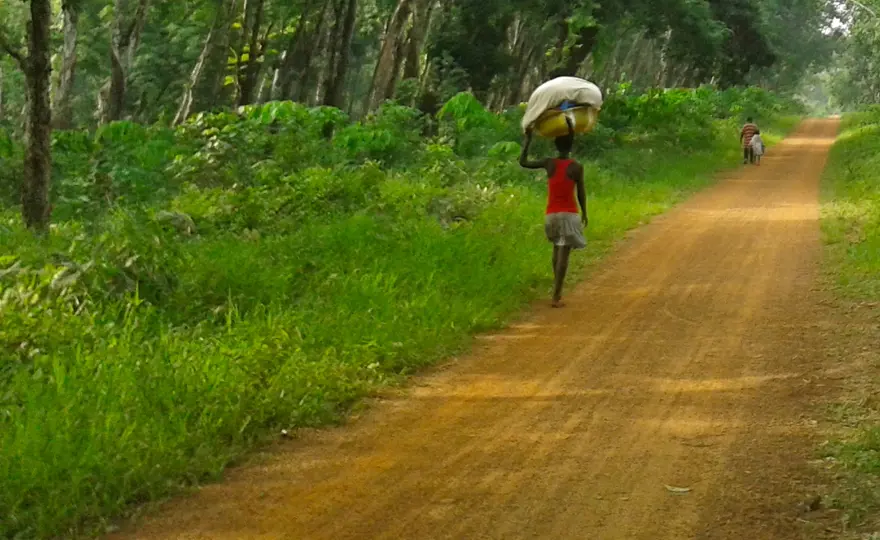ClientEarth Communications
13th December 2016


Agriculture and mining are increasingly driving deforestation in Liberia, as trees are cleared to make way for plantations and mines. The environmental impacts of deforestation are devastating, but the people and communities who live in the forest are also at risk.
Industries like farming and mining have the potential to boost the economy, but strong laws are essential to mitigate environmental impacts and ensure local communities' rights are recognised and upheld.
Liberia’s forestry and land laws have not yet been updated to deal with forest conversion, so it remains partially unregulated and lacks appropriate government oversight.
ClientEarth lawyer Caroline Haywood said: “At best, leaving the sector unregulated opens the process of forest conversion to uncertainty for everyone involved. At worst, it risks the widespread clearance of forests at the expense of Liberia's wildlife and the rights of local communities.”
ClientEarth has reviewed the laws and regulations governing forest conversion in Liberia, to understand the major risks stemming from weak and incomplete laws on forest conversion, and to suggest potential legal means to address them.
Our analysis shows that only a true and shared understanding of the risks of unregulated forest conversion will drive change. If Liberia is to strengthen laws, regulation and policy on forest conversion, effective coordination between government ministers is essential.
Read the briefing here - Addressing the risks of a weak legal framework governing forest conversion in Liberia